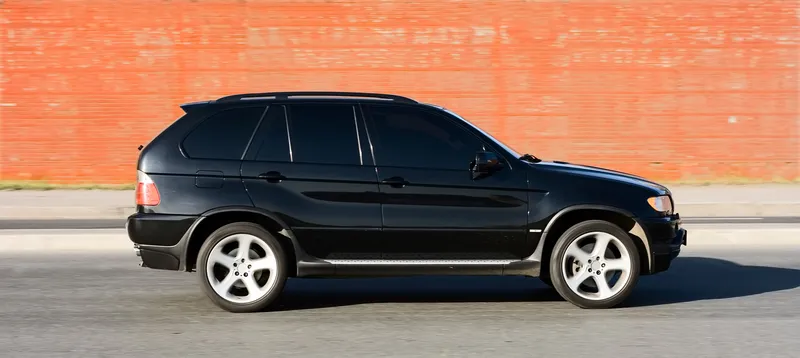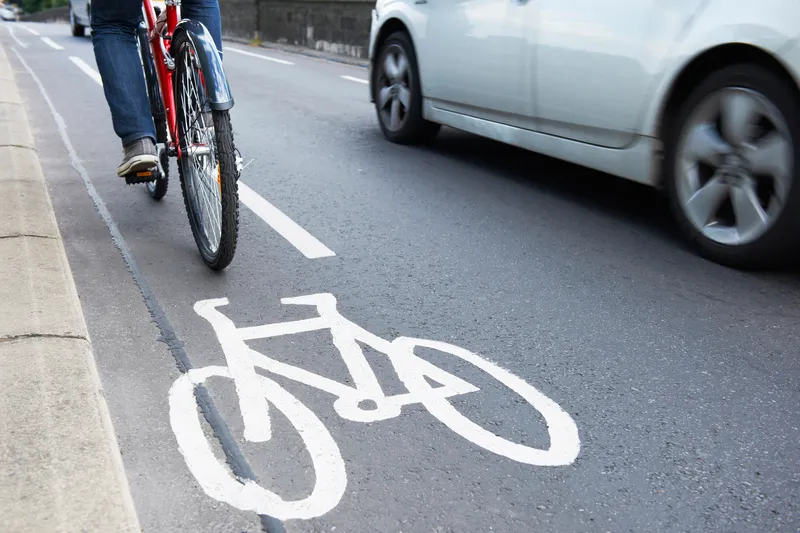
A group of senior transport leaders in the US is calling on the country's leading safety body to ensure road vehicles are safer for vulnerable road users.
National Association of City Transportation Officials (Nacto) is urging National Highway Traffic Safety Administration (NHTSA) to change how vehicles are rated for safety.
"Oversized vehicles are making streets deadlier for pedestrians and bike riders," Nacto says. "Proposed federal regulations still let automakers off the hook."
"Under the federal government’s safety rating system, known as the New Car Assessment Program (NCAP), almost every vehicle gets four- or five-star ratings. That’s because the system only takes into account the safety of those within cars, not outside them."
Yet pedestrian deaths are at a 40-year high in the US, with over 7,000 pedestrians killed by drivers each year.
Nacto argues that one of the reasons is that vehicles "are getting bigger and heavier, higher off the ground, and with worse driver sightlines".
NHTSA is proposing the inclusion of a "pedestrian crash worthiness test" as part of NCAP. But Nacto suggests the test would not be included in the vehicle’s final safety rating, "so the vehicles that are most dangerous for pedestrians can still get 5-star ratings".
"The test would also conducted by car manufacturers themselves, and since it’s voluntary, automakers can choose to skip it entirely," Nacto argues. "Even when automakers do participate, they aren’t required to publicly share the results; this crucial information only needs to be published on an obscure website, leaving consumers in the dark."
Public comment on the proposals is open until 25 July.








